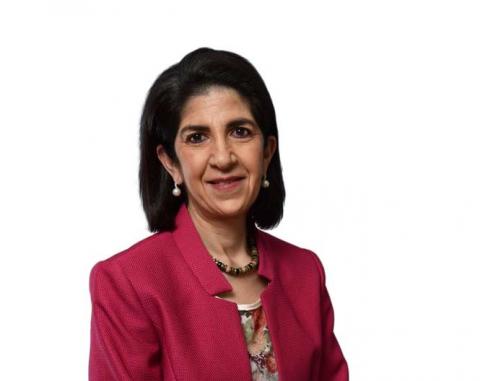Last week, during an intense and interesting Council session, important discussions relating to the future of CERN were held. Some aspects of the process leading to the update of European Strategy for Particle Physics, namely the establishment of the Physics Preparatory Group (PPG) and the selection of the venue for the Open Symposium (Venice, Italy), were finalised, and the Council elected Professor Costas Fountas (University of Ioannina) as its 25th President, taking over from Professor Eliezer Rabinovici on 1 January 2025.
Council delegates congratulated the CERN community for the outstanding performance of the accelerator complex, the experiments and computing. The LHC reached its 2024 luminosity-production target (110 fb⁻¹ for ATLAS and CMS) some 2.5 weeks ahead of schedule.
In addition, the Council and its subordinate bodies were informed of a revised schedule for Long Shutdown 3 (LS3). The LHC will now enter LS3 in July 2026, seven and a half months later than planned, with the start of the High- Luminosity LHC (Run 4) beginning in June 2030. The injectors will run until the end of August 2026. LS3 is a critical activity in ensuring the continued full exploitation of CERN’s physics potential in the coming decades.
CERN’s brilliant past achievements and bright future were centre stage during a special high-level event on Tuesday this week, when 38 national delegations, including eight heads of state or government and 13 ministers, along with many scientific, political and economic leaders, came to CERN to celebrate our unique institution and its 70 years of science, innovation and collaboration. Distinguished guests demonstrated strong support for CERN’s mission and future ambition (in particular, the Future Circular Collider), acknowledging its role not just as the world’s foremost high-energy physics laboratory but also as a centre for the development of advanced technologies, a platform for training and education and an exceptional example of collaboration across borders.
Since January, CERN’s 70th anniversary programme has engaged thousands of people around the world with the wonders and applications of particle physics. On behalf of the Directorate, I wish to thank everyone who has contributed to this fantastic success and the whole community for showing CERN at its very best.

